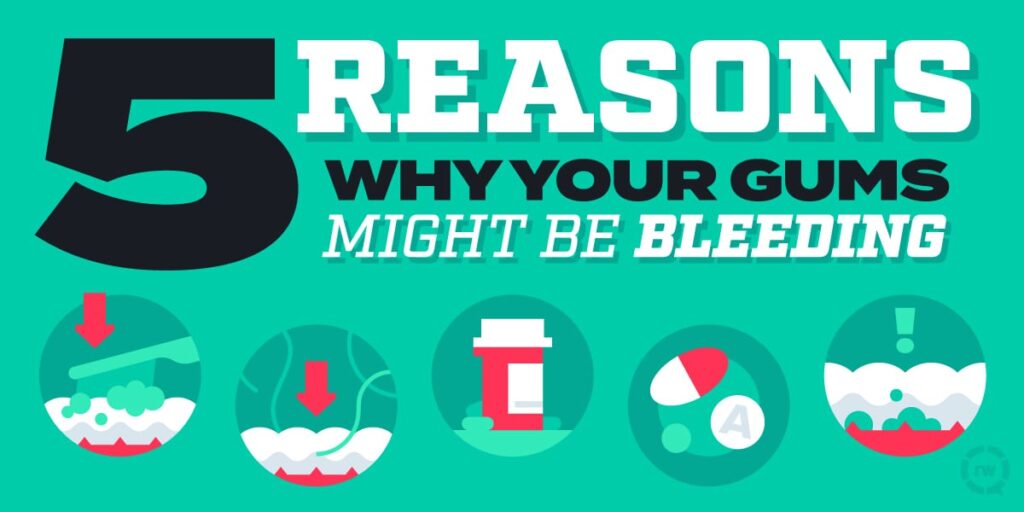Band Instruments and Your Teeth: Are They Related?
February 10th, 2020
Learning a musical instrument enhances cognition, trains focus, and helps channel adolescent energy. There’s also the added benefit of a built-in social network of kids working to bring alive once again the musical works of the masters.
Despite all that good stuff, though, some instruments might pose a hazard to the integrity of your child’s teeth, mouth, and jaw – and even their overall health. For most parents, this isn’t top of mind when considering or fostering the learning of a musical instrument.
Let’s take a look at what should be on your radar.
Bacteria
We’re all pretty good at annihilating the bacteria that crop up around our children at home, but how good are you at cleaning their spit-collecting musical machine?
Brass and wind instruments harbor a bounty of nasty molds, yeast and bacteria that can cause asthma and a host of other illnesses. Those yucky spit monsters can indeed make your child ill.
Be sure instruments are cleaned regularly, and cleaned well. Doing so can help your child stay healthy, while also ensuring the instrument will perform at its best.
Here’s a very comprehensive grouping of instructions to help you clean both wind and brass instruments. Print ‘em out and hang ‘em on the fridge!
Lip and Tooth Trauma
Playing a wind or brass instrument requires the player to forcefully hold their instrument against or within the lips to produce a sound. This pressure can present problems for delicate lip tissue and growing teeth.
Soft acrylic guards can be purchased to offset some of this pressure, and are commonly used for children wearing braces. Ask us for suggestions.
Additionally, children prone to cold sores can suffer more frequent outbreaks due to playing an instrument. You’ll see this cause and effect play out by noticing where your child tends to get sores.
Woodwind players tend to have outbreaks on the lower lip, and brass instrument players on the upper lip. Woodwind players also experience outbreaks at a rate twice that of non-musicians.
Head and Neck Trauma
A stringed instrument might seem like the most benign choice when picking an instrument for your child. After all, there’s no contact with the lips or teeth, and there’s no bacteria to worry about.
That is until you realize the position one must get in to play these instruments.
Holding a violin or viola all day might not be the best thing in the world for one’s face, neck and chin. Good playing posture, and reduced playing time is the best preventative medicine if your kids play these two instruments.
It’s also worth noting that because of this awkward playing position, violas, and violins can contribute to, and even exacerbate, cross-bites and overbites.
Consult with your music teacher for the best advice specific to your child. Which brings us to …
Choosing the Right Instrument
Before your child even picks up an instrument, consult with a music teacher familiar with how a player relates to that instrument. A well-informed, passionate band director will know which instruments fit which children best based on their size and weight, teeth structure, finger and hand strength, etc.
Here is a wonderfully thorough starter on choosing the right instrument for your child to help get you started.
All Smiles Pediatric Dentistry
At All Smiles Pediatric Dentistry, we incorporate proven techniques to share with you and your child at each dental checkup visit. Dr. Allen Job and his team are committed to providing the latest in oral health care prevention. Check out our monthly blog posts! Our practice is centrally located in San Diego, CA.
Get acquainted with us by watching our practice video and find out what we do.
Scheduling an appointment for your child is easy! Start here to schedule an appointment. All of our forms are online. Fill them out securely from your smartphone or tablet and hit send. On appointment day, your child will be seen at their scheduled time. For example, if you have a 9:00 AM appointment, your child will be seen at 9:00 AM.






